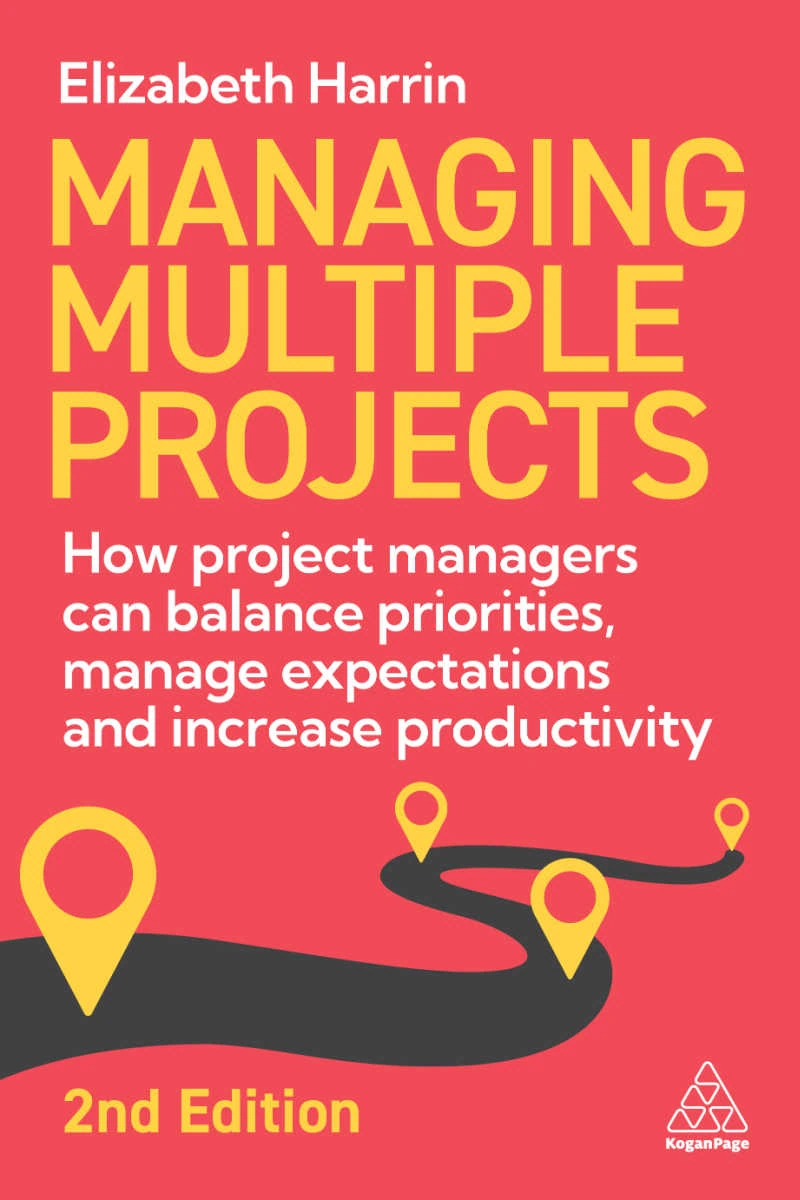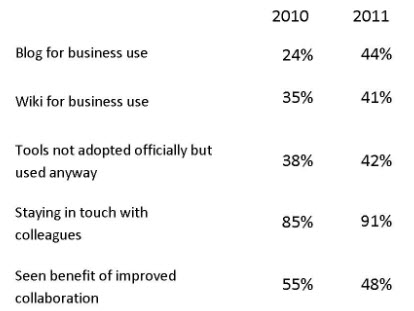Social Media in a Project Environment: 2011 Survey Results
This blog is reader-supported. When you purchase something through an affiliate link on this site, I may earn some coffee money. Thanks! Learn more.
Over 75% of you feel that social media tools provide the opportunity to improve the way you manage projects, according to this year’s Social Media in a Project Environment survey.
The 2011 results show how project managers around the world are using Collaboration Tools to manage projects and lead teams. There was lots of interest in the uses of social media for project teams during the last two years (for example, my book, the Virtual Working Summit and Bas de Baar’s work, especially his presentation at the PMI EMEA Congress in Amsterdam). This year shows that interest and experience of using social media tools at work is continuing.
Here are some of the trends:
Many senior managers still fail to see the benefits that social media tools used professionally at work can bring. However, many workplaces are becoming more aware of the importance of tailoring communication channels to how the recipient wants to receive information. We need to tailor the way we communicate with project team members to ensure we are easy to work with, and that we work in ways that make sense to them.
Podcasts are not used enough for learning
One of the most interesting results for me was that podcasts and video podcasts are among the least used tools. When I started working in healthcare I listened to healthcare podcasts on my commute to work. They helped me quickly learn the
I strongly recommend that if you don’t listen to podcasts for professional development, that you find some you like and start doing so. If you are responsible for coaching and mentoring project teams consider using them as low-cost, vehicles for training material.
Over 40% use tools unofficially
The scariest statistic from the survey was that 42% of people said that they are not officially sanctioned to use social media tools at work, but they do so anyway, an increase of 4% from last year.
IT managers and PMO teams need to wake up to the idea that employees are finding ways to use social media tools at work whether they have been officially sanctioned or not. Software installed outside of the official channels could be a security risk, it probably isn’t backed up and there is no visibility of it should the company need to provide information for audits or Data Protection Act subject access requests. If you are part of the 42% please talk to your IT team! If you don’t feel you can, please get in touch. I’m really interested in learning more about the reasons behind this result.



